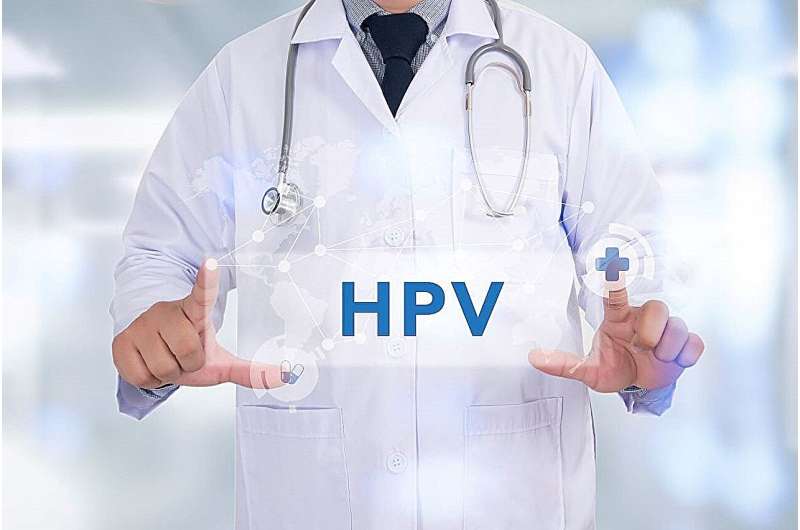

Sexually transmitted diseases (STD), also referred to as sexually transmitted infections (STI) and venereal diseases (VD), are illnesses that have a significant probability of transmission between humans by means of sexual behavior, including vaginal intercourse, anal sex and oral sex. Some STIs can also be contracted by using IV drug needles after their use by an infected person, as well as through any incident involving the contact of a wound with contaminated blood or through childbirth or breastfeeding.
Not all STIs are symptomatic, and symptoms may not appear immediately after infection. In some instances a disease can be carried with no symptoms, which leaves a greater risk of passing the disease on to others. There are currently new STD testing kits that you can order and take to a testing center so ease of testing is much easier these days. Bacterial STIs include chlamydia, gonorrhea, and syphilis. There are several viral STIs including herpes simplex, HIV, and human papillomavirus (HPV). There are also parasite STIs, including the crab louse.
Safer sex is a method of decreasing the risk of contracting sexually transmitted infections during sexual activity. Prevention is key in addressing incurable STIs, such as HIV and herpes. The most effective way to prevent sexual transmission of STIs is to avoid contact of body parts or fluids which can lead to transfer with an infected partner. Not all sexual activities involve contact: cybersex, phonesex or masturbation from a distance are methods of avoiding contact. Proper use of condoms reduces contact and risk. Vaccines are available that protect against some viral STIs, such as Hepatitis B, and some types of HPV.
There are 19 million new cases of sexually transmitted infections every year in the United States, and, in 2005, the World Health Organization estimated that 448 million people aged 15-49 were being infected a year with curable STIs (such as syphilis, gonorrhea and chlamydia). Sexually transmitted infections have been well known for hundreds of years, and venereology is the branch of medicine that studies these diseases. While in the past, these illnesses have mostly been referred to as STDs or VD, the term sexually transmitted infections (STIs) is currently preferred, as it has a broader range of meaning; a person may be infected, and may potentially infect others, without having a disease.Read more ...
Semen Allergies Aren't Rare After All (And Yes, Men Have Them Too) Science Alert - June 25, 2025

Imagine itching, burning, swelling, or even struggling to breathe just moments after sex. For a small but growing number of women, that's not an awkward anecdote - it's a medical condition. It's called seminal plasma hypersensitivity (SPH) - an allergy to semen. This rare but under-diagnosed allergy isn't triggered by sperm cells, but by proteins in the seminal plasma – the fluid that carries sperm. First documented in 1967, when a woman was hospitalized after a "violent allergic reaction" to sex, SPH is now recognized as a type 1 hypersensitivity, the same category as hay fever, peanut allergy, and cat dander. Symptoms range from mild to severe. Some women experience local reactions: burning, itching, redness, and swelling of the vulva or vagina. Others develop full-body symptoms: hives, wheezing, dizziness, runny nose and even anaphylaxis, a potentially life-threatening immune response.
Many Americans unaware of links between HPV and cancers, poll reveals Medical Express - March 4, 2025

Most people don't know much about HPV and its long-term cancer risks, and also have key misperceptions about how the virus is spread, the poll found. For example, the majority of people are unaware that the virus is more common among men than women, and is associated with rising rates of cancers that directly impact men. Instead, people still see HPV as mostly associated with cervical cancer risk in women, and shrug off the importance of vaccination for men, results show.
A new study has confirmed genital herpes is the most common sexually transmitted infection (STI) in the world that does not have a cure and is lifelong Science Alert - December 11, 2024
The burden on global health is immense. According to the most recent data from 2020, nearly 900 million worldwide are currently living with genital herpes. That's up to about 24 percent of people under the age of 50 who are impacted by the incurable condition. Roughly 520 million of this cohort have genital herpes from herpes simplex virus type 2 (HSV-2). Around 376 million have contracted it from an HSV-1 infection. HSV-1 usually only causes cold sores in and around the mouth, but it can be transmitted via sexual activity and cause genital herpes in people without a previous oral infection.
Experts Confirm: US Is Dealing With an 'Out-of-Control' Epidemic of of sexually transmitted infections Science Alert - February 1, 2024
The US is dealing with an "out-of-control" epidemic of sexually transmitted infections, according to the National Coalition of STD Directors. The warning comes after the release of an annual data report on STIs by the US Centers for Disease Control and Prevention (CDC).
Experts Warn “Lives At Stake” As US Syphilis Cases Rise By 80 Percent IFL Science - February 1, 2024